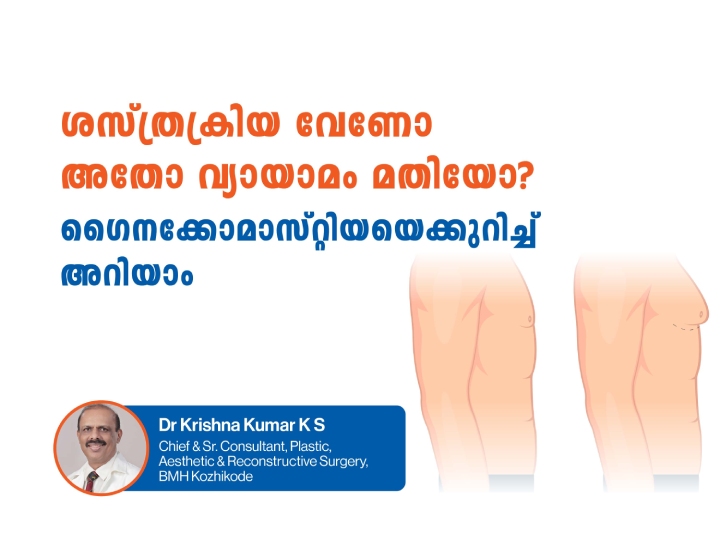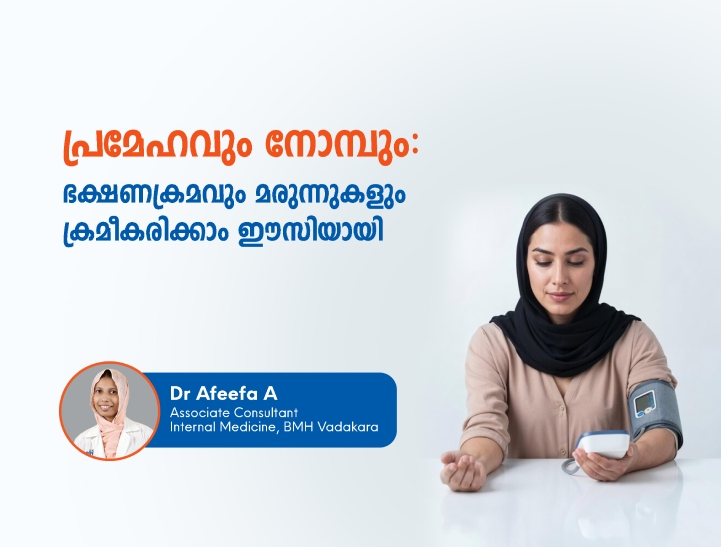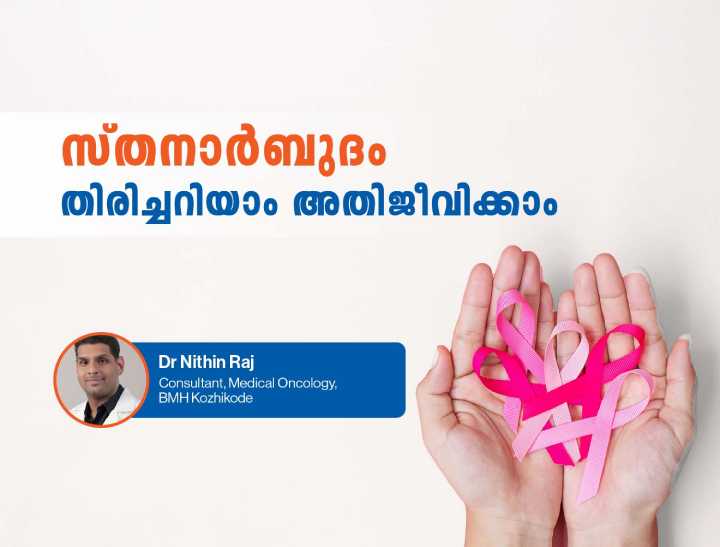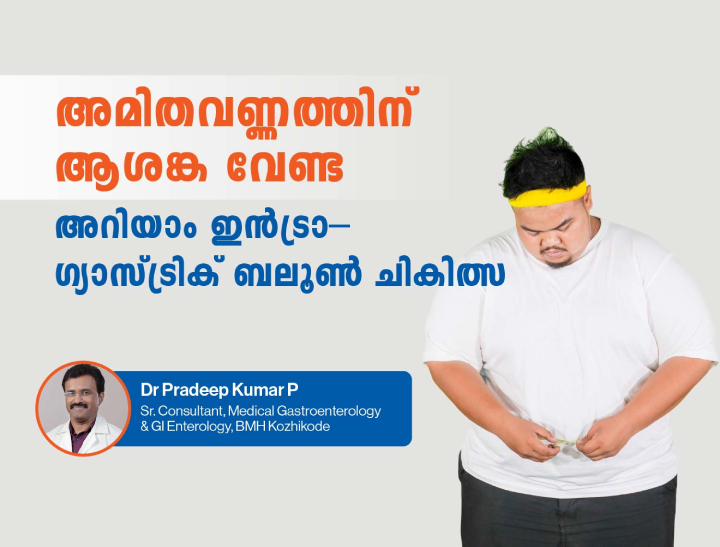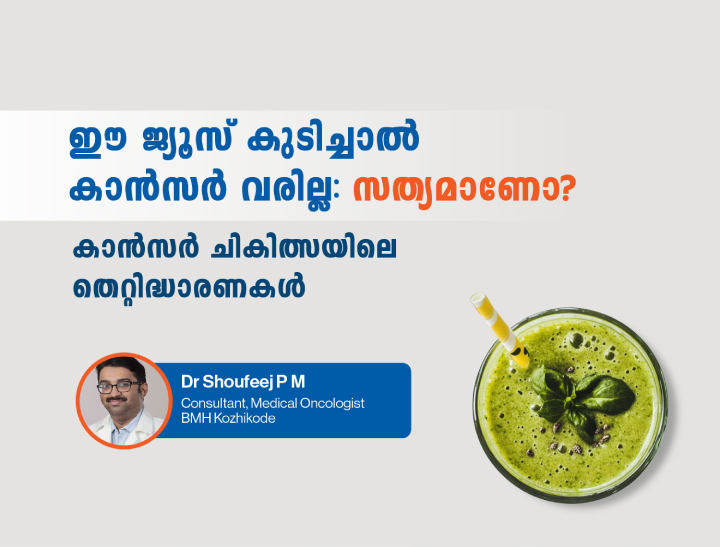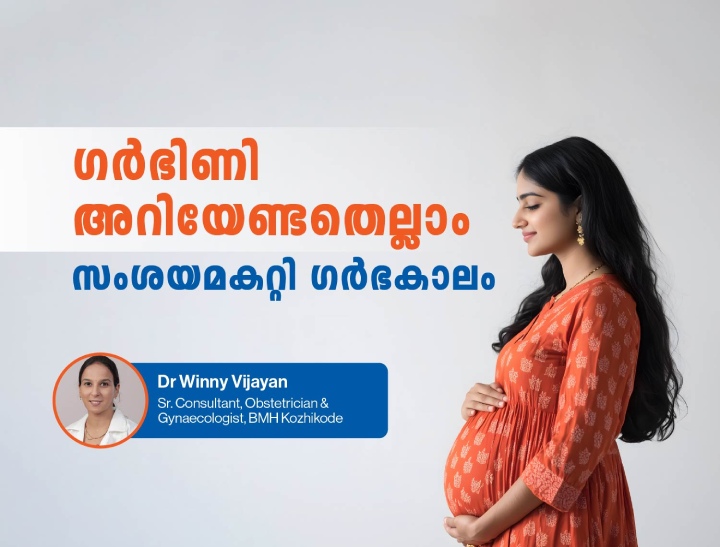- English
- عربي / Arabic
- മലയാളം / Malayalam
- BMH Group
- Our Hospitals
- Our Specialities
- Doctors
-
Treatments
- HoLEP- Laser Surgery for Prostate
- Total Knee Replacement (TKR)
- Robotic Total Knee Replacement
- Transurethral Resection of the Prostate (TURP)
- Skin Grafting
- Stroke Management
- Holter Monitoring
- Coronary Angioplasty and Stenting (PTCA)
- Pacemaker Implantation
- Electrophysiology Study (EPS)
- Balloon Valvuloplasty
- Neuromuscular Disorders Management
- Peripheral Angioplasty
- Heart Failure Management
- Burn Surgery & Scar Management
- Epilepsy Management
- Multiple Sclerosis (MS) Management
- Headache and Migraine Management
- Dementia and Memory Disorders Management
- Microvascular Surgery
- Hand Surgery
- Nerve Conduction Studies (NCS) and Electromyography (EMG)
- Botox Therapy for Neurological Conditions
- Parkinson’s Disease and Movement Disorders Management
- Autoimmune Neurological Disease Management
- Breast Reconstruction
- Brain Tumor Surgery
- Cleft Lip And Palate Repair
- Heart Valve Replacement Surgery
- Sigmoidoscopy with Polypectomy
- Aneurysm Clipping And Coiling
- Traumatic Brain Injury (TBI) Management
- Cerebrovascular Accident (Stroke) Management
- Non-Surgical Cosmetic Procedures
- VP Shunt Placement
- Endoscopic Neurosurgery
- Peripheral Nerve Surgery
- Cataract Surgery
- Epilepsy Surgery
- Functional Neurosurgery
- Spine Tumor Surgery
- Glaucoma Management
- Cardiac Rehabilitation
- Diabetic Retinopathy
- Reconstructive Surgery
- Oculoplastic Surgery
- ERCP
- Upper GI Endoscopy
- Colonoscopy
- ACL Reconstruction
- Robotic Radical Prostatectomy
- Coronary Artery Bypass Grafting (CABG)
- TAVI/TAVR
- Therapeutic Plasma Exchange
- Spinal Deformity Correction
- Laser Lithotripsy for Kidney Stones
- Facial Aesthetic Surgeries
- Lumbar Disc Herniation Repair
- Breast Surgery
- Transcatheter Closure of Septal Defects
- Body Contouring
- Dialectical Behavior Therapy
- Robotic Assisted Cardiothoracic Surgery
- Flap Surgery
- Hair Restoration
- Liver Resection
- Cognitive Behavioral Therapy (CBT)
- Bronchoscopy
- Spinal Tumor Surgery
- Sleep Study (Polysomnography)
- COPD Management
- Labral Tear Repair (Shoulder or Hip)
- Laparoscopic Hernia Repair
- Hernia and Abdominal Wall Surgeries
- Laparoscopic Colorectal Surgery
- Whipple’s Surgery
- Microdiscectomy
- Adenoidectomy
- Stapedotomy
- Tympanoplasty
- Pulmonary Rehabilitation
- Kidney Transplant
- Interstitial Lung Disease (ILD) Treatment
- Parathyroidectomy
- Lung Infection Management
- Tumour Embolisation
- Asthma and Allergy Management
- Composite Filling
- Laparoscopic Hysterectomy
- Meniscus Repair
- Liver Transplant (Deceased Donor)
- Cholangioscopy
- Minimally Invasive Endocrine Surgeries
- Hemoperfusion
- Robotic Prostate Surgery (Robotic Prostatectomy)
- Total Hip Replacement (THR)
- Neuro Rehabilitation
- Pain Management And Musculoskeletal Rehabilitation
- Cerebral Angiography
- Spinal Angiography
- Amputee And Prosthetic Rehabilitation
- Endoscopic Ultrasound (EUS)
- Septoplasty
- Uterine Artery Embolisation (UAE)
- Laparoscopic Cholecystectomy
- Adrenalectomy
- Liver Transplant (Living Donor)
- Paediatric Liver Transplant
- Cochlear Implant
- Varicose Vein Laser Ablation
- Pancreatic Necrosectomy
- Carotid Artery Stenting
- Continuous Renal Replacement Therapy (CRRT)
- Root Canal Treatment
- Colon Polypectomy
- High-Risk Pregnancy Management
- Transarterial Chemoembolisation (TACE)
- Rotator Cuff Repair
- Solution-Focused Brief Therapy
- Ablation for Arrhythmias
- Pancreatic Endocrine Tumor Resection
- RIRS (Retrograde Intrarenal Surgery)
- PRP
- Microneedling
- GFC Therapy for Hair Growth
- Allergy Immunotherapy
- Chemical Peeling
- Bariatric Surgery
- Functional Endoscopic Sinus Surgery (FESS)
- Radioiodine Therapy
- External Beam Radiation Therapy
- Thyroidectomy
- Aortic Aneurysm Repair
- Chronic Kidney Disease (CKD) Management
- Acute Kidney Injury (AKI) Treatment
- Percutaneous Endoscopic Gastrostomy
- Robotic Gynaecologic Surgery
- Hemodialysis
- Minimally Invasive Cardiac Surgery
- Diabetes Care
- Brachytherapy
- Peripheral Vascular Bypass Surgery
- Peritoneal Dialysis
- Kidney Biopsy
- Beating Heart Bypass Surgery
- Diabetic Nephropathy
- Awake Cardiac Surgery
- Anemia Management in CKD
- Chronic Ambulatory Peritoneal Dialysis
- Targeted Therapy
- Chemotherapy View All
- NAVA Cancer Institute
- Academics & Research
- International Patients
- Career
- LifeLinER
- Contact Us








